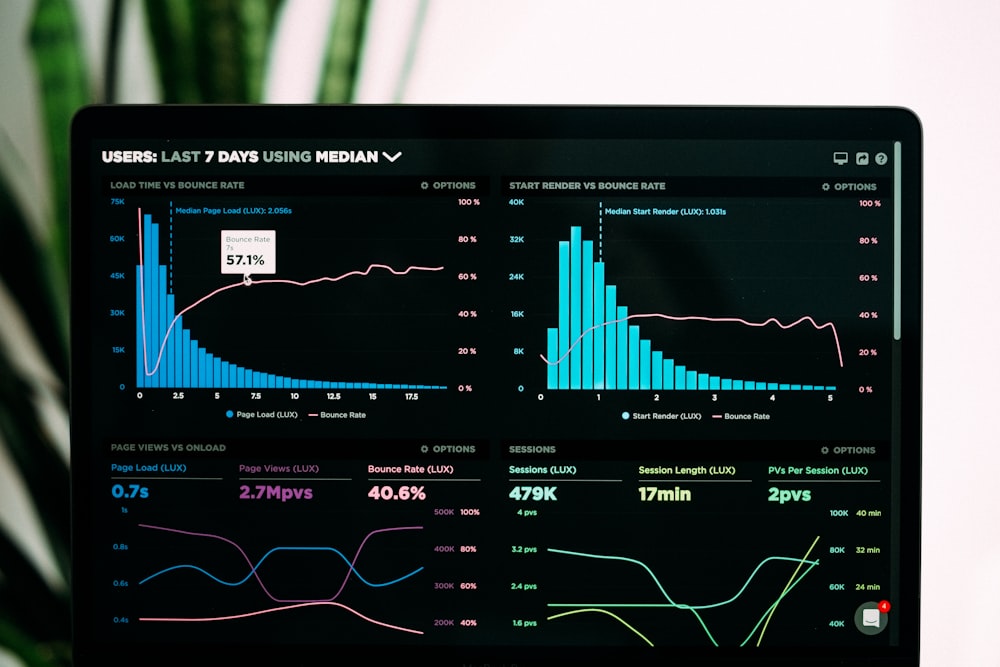Ever wondered how top designers collaborate seamlessly from anywhere in the world? Remote UX tools have revolutionized the way teams create user experiences, breaking geographical barriers and boosting productivity. Whether you’re a freelancer, part of a distributed team, or just starting in UX design, mastering these tools is essential for success in today’s digital workspace.
📚 Table of Contents
Why Remote UX Tools Matter
Remote UX tools empower designers to work efficiently, regardless of location. They streamline communication, enable real-time collaboration, and provide access to powerful design resources. With the rise of remote work, these tools help teams stay aligned, iterate faster, and deliver exceptional user experiences.
Top Remote UX Tools for Beginners
From wireframing to prototyping, here are some must-have remote UX tools for beginners:
- Figma – A cloud-based design tool perfect for real-time collaboration.
- Miro – A digital whiteboard for brainstorming and user flows.
- UserTesting – Get instant feedback from real users.
- Notion – Organize design documentation and workflows.
Collaboration Tips for Remote UX Teams
Working remotely requires clear communication and structured workflows. Here’s how to make the most of remote UX tools:
- Set regular check-ins to align on goals.
- Use version control to track design changes.
- Leverage async communication for global teams.
- Document everything for transparency.
Conclusion
Remote UX tools are game-changers for designers, offering flexibility and efficiency in a digital-first world. By choosing the right tools and adopting best practices, even beginners can thrive in remote UX design.


Leave a Reply